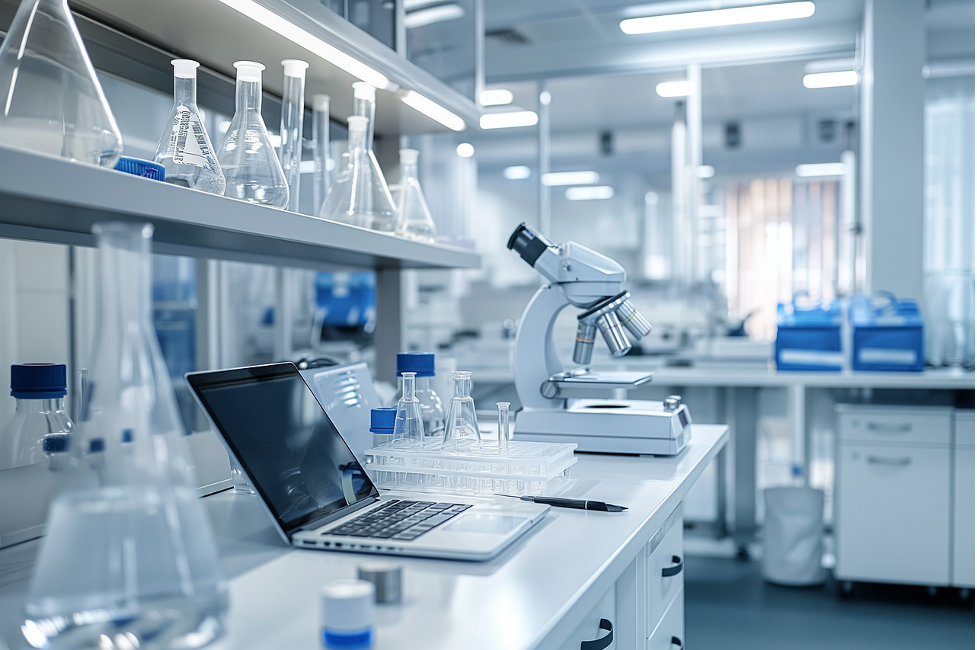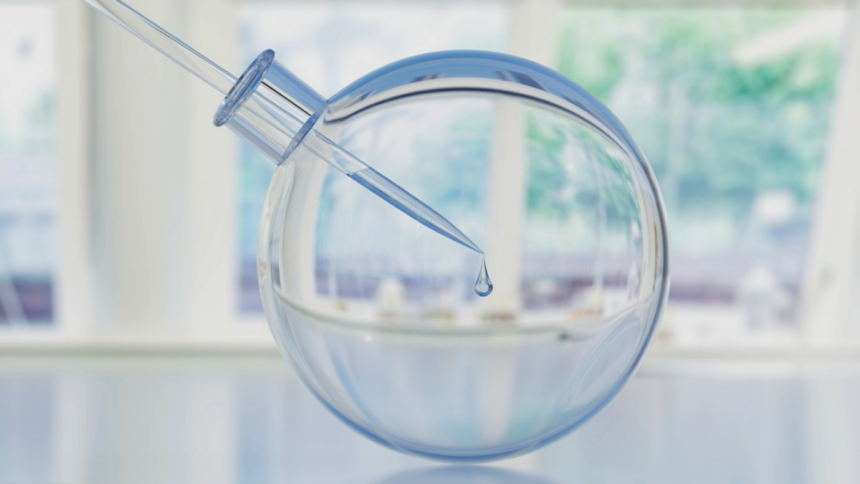As of 2023, there are 80,023 businesses specializing in scientific research and development, which necessitates the use of reliable and robust laboratory tools. The success of experiments and studies in a research facility heavily relies on the tools and equipment utilized. Accuracy, efficiency, and ultimately achieving objectives are all benefits that come with selecting suitable laboratory instruments.
Whether it’s basic or state-of-the-art technology, each piece serves its role during scientific processes. Appreciating the value of these lab tools can help in the overall optimization of operations resulting in reliable outcomes for any research organization.
Keep reading to learn about five lab essentials for every research facility – assessing their uses as they contribute toward modern scientific advancements.
Precision Cell Analysis: Unlocking Scientific Breakthroughs
Cell analysis has become an essential aspect of modern scientific research, helping scientists disentangle complex biological systems. At its heart lies an ability to isolate and characterize specific cell populations; advances such as flow cytometry and cell sorting have revolutionized this aspect.
Well-rounded cell sorter dispensers have quickly become an indispensable asset to modern research laboratories. These tools empower scientists to sort cells based on various parameters like size, shape, and protein expression. By isolating certain cell types, researchers can conduct more focused and in-depth studies that lead to breakthroughs in fields like immunology, cancer research, and stem cell biology.
Microscopes for Sophisticated Imaging
The ability to observe and analyze structures that are invisible to the naked eye makes microscopes one of the most essential tools in any research facility. From simple light microscopes to advanced electron ones, these instruments play a crucial role in examining cells, tissues, and microorganisms. The detailed images they provide serve as an indispensable resource for understanding biological processes, diagnosing diseases, and developing new treatments.
The utilization of advanced imaging techniques has gained immense significance in contemporary research facilities. Researchers employ high-resolution microscopes that possess confocal or fluorescence abilities to observe certain structures within cells, including proteins and nucleic acids, with exceptional precision. This depth of analysis is critical for comprehending intricate biological mechanisms and exploring the internal operations of cells. Regardless of scrutinizing viral construction or inspecting real-time cell actions, microscopes remain invaluable in scientific research.
Precise Measurements with Analytical Scales
The key element in every scientific experiment is precise measurements, and analytical scales are the essential instruments that enable this. These accurate devices have been created to measure minuscule masses with an exceptional level of precision, often within a small fraction of just one milligram. In laboratory settings, analysts use these scales for various duties like calculating chemical weightage or quantity assessments as well as composing solutions accurately.
Accurate experimental outcomes hinge on the reliability of analytical scales as even minor measurement errors can cause substantial result discrepancies, jeopardizing entire studies. Consequently, research establishments procure superior quality analytical scales to guarantee their work’s accuracy and coherence. The precise quantification of minute material quantities is particularly critical in disciplines such as pharmacology, chemistry, and materials science where a sample’s exact constitution influences experiment conclusions.
Keeping Controlled Environments Intact through the Use of Incubators
In research facilities, incubators play a crucial role in biological and medical studies. They help to regulate specific conditions like temperature, humidity, and gas that help the growth of tissues, cells, or microorganisms. Incubators provide stable conditions necessary for cells to thrive and be analyzed under optimal settings in cell culture studies.
Incubators have a broader application than solely for cell culture; microbiologists utilize them to cultivate bacteria. The purpose of growing these colonies is, among others, to identify pathogens or conduct antibiotic tests. To ensure reproducibility and consistency in experiments requiring precise environmental conditions, control becomes imperative; even the slightest changes in temperature or humidity can significantly impact the results obtained from such experiments.
Microtomes for Precise Cutting
Specialized equipment called microtomes is commonly utilized in research facilities to produce ultra-thin slices of materials, typically for microscopic examination. These slender sections are critical in studying intricate biological tissues due to their capability of displaying the organization and configuration of cells and their constituents. Microtomes play a crucial role in histology, which examines tissues since precise cutting is essential for trustworthy analyses.
Producing high-quality slices using a microtome can have a significant impact on the results of an experiment. Slicing samples uniformly and thinly enhances their staining and imaging properties, resulting in dependable data acquisition. Not only are microtomes valuable for biological research but they are also essential tools in materials science to prepare specimens suitable for microscopic observation.

Final Words
Tools used in research facilities are critical in conducting precise, reliable experiments. Instruments like cell sorters, microscopes, analytical balances, incubators, and microtomes play an integral part in scientific investigations’ success.
Investing in high-quality tools with clear applications to their work can ensure both accurate and efficient work from researchers utilizing them. As technology continues its rapid advances, maintaining effective lab tools will remain crucial in any successful endeavors undertaken by scientists.
Lynn Martelli is an editor at Readability. She received her MFA in Creative Writing from Antioch University and has worked as an editor for over 10 years. Lynn has edited a wide variety of books, including fiction, non-fiction, memoirs, and more. In her free time, Lynn enjoys reading, writing, and spending time with her family and friends.















